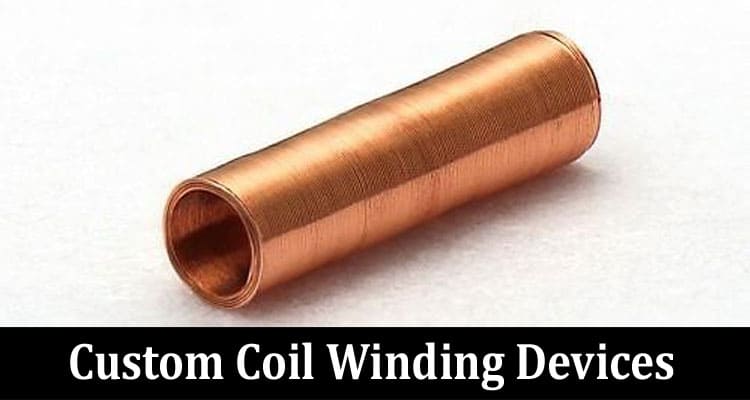Custom coil manufacturing method is required to meet the custom needs of the clients depending on their changing requirements. This has brought in the need for custom coil winding in the coil manufacturing industries. Several manufacturers may create a wide range of custom-made micro-coils to accommodate the specifications of their customers. Manufacturers evaluate three factors while producing custom-made micro-coils: reliability, wallet-friendlieness and electrical efficiency of the coils.
Micro-coils have several uses ranging from solar panels to medical equipment. Hence, maintaining top quality of the micro coils is crucial. For manufacturing the micro coils, firms ought to have the necessary manpower, equipment, and knowledge to prepare custom coils. Thus, in this article, we offer you a piece of detailed information about custom coil winding.
How does the manufacturing of custom coils take place?
The winding method is used in the fabrication of custom coils—which involves looping an isolated filament around a core. Winding, shipping, and packing are all done in a sterile environment to prevent any form of contamination in the coil. They maintain high standards all through the management process, spanning from raw materials to packaging. Every small step is being conducted with too much care – since it directly impacts the life of the patients. The integrity of insulated wires is thoroughly inspected as a part of the quality control system, which is an essential component of the production process. Conversely, as the demand for coreless micro-coils grows, manufacturers eliminate the core after the winding procedure is finished.
Coreless coils have numerous applications. One such application is vein implantations. For veins implantation, coreless coils are beneficial — The appropriate winding numbers around the core determine the thickness of micro-coils. Manufacturing businesses, on the other hand, require specific technology and knowledge to keep the wiring from attaining the isolated breakpoint.
Because of its conductive properties — copper is the most widely utilized material for custom coil production. Manufacturers, however, employ a variety of various materials depending on the demands of their clients. Aluminium, platinum, gold, titanium & its alloys are some of the materials used as such. To make the miniature custom coils — manufacturers must also employ ultra-fine wire. The usage of ultra-fine wire creates another significant issue when connecting two wires, which makes it more challenging.
Thermo Compression bonding as an alternative to traditional methods for joining wires
Manufacturers must use thermal compression bonding technology to establish a strong link between two wires. Ultimately, the capacity to mass produce custom coils is required to make them premium. To suit the unique requirements of consumers, the manufacturer pays close attention to every aspect and process employed in the production of its products. Thermo compression bonding has an advantage of higher reliability and better durability with ultra-fine wires for amalgamation. Traditional methods result in oxide formation, that hinder the quality of the ultra-fine wires.
Where are custom coil winding devices used?
- Monitoring and control of intrinsic internal implants like pacemakers and deep brain stimulation components require the use of micro coil windings.
- For ensuring improved tracking of the cardiac and neural signals, micro coil devices have a better efficiency.
- Accessing the inaccessible areas of the body for drug delivery have improved the tratement for cancer and tumours. Moreover, the ease of medicine distribution and stent positioning has made treatement of cardiac ailments simpler.


